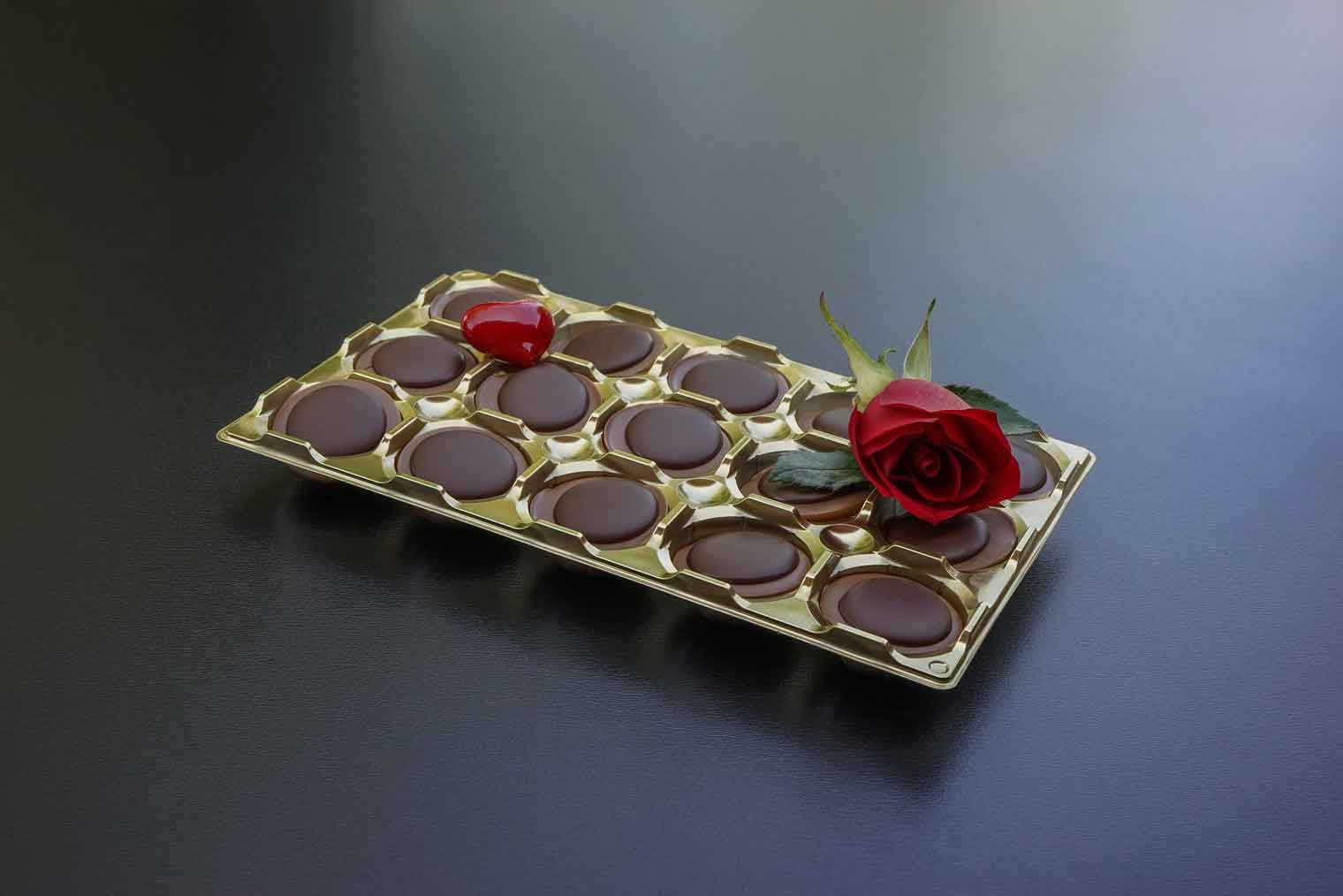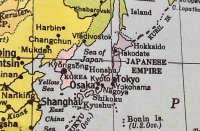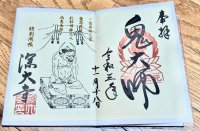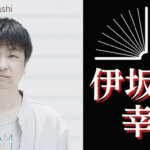
Valentine’s day in Japan is kind of a big deal. Valentine’s Day in western countries is highly commercialized, while the Japanese Valentine’s Day took off commercially in the mid 1950s, and quickly grew into a multimillion-dollar market for manufactures. According to the Japan Anniversary Association, the domestic market for Valentine’s Day is estimated to be worth 126 billion yen this year. In Japan, on this special day, women get to spend money on chocolate and give it to men. Japan even have “White Day”, a day which men are supposed to reciprocate, on the 14th of March—an event dreamed up by chocolate makers in the early 80s to boost sales.
Innocent and playful as it may seem on the surface, Valentine’s Day “constitutes a culturally hybridized holiday ritual” (Minowa et al. 44) in Japan, and the western custom, when reached Japan, metamorphosed into something much larger than a western tradition exercised solely between those in romantic relationships. In fact, the gift giving is exercised more actively in a non-romantic context. A recent survey by Matsuya Co.’s Ginza department store in Tokyo conducted in December 2018, asked 781 women from age 18 to 78, and discovered that 60 per cent of women in Japan today buy Valentine’s chocolates for themselves, averaging 4,200 yen (CAD 50) each.
Backlash against Japanese Valentine’s Tradition of “Obligation Chocolate”

Unlike Canada, Valentine’s Day in Japan is about women giving men chocolates. Another difference is that women give two kinds of chocolates to men: “giri-choko”(義理チョコ) and “honmei-choco”(本命チョコ). “Giri”(義理)means obligation, and these chocolates are an obligatory gift which is meant to be for friends, colleagues and bosses, who are not their romantic interests. “Honmei-choco” are given to the ones the women are truly interested in or their partners, and these chocolates are usually fancier, more expensive, or handmade. In corporate offices in Japan, there is an expectation for chocolates be handed out by women. A 2017 survey by multinational firm, 3M found that nearly 40% of female respondents planned to give “giri-choco” to a co-worker.

Valentine’s Day is such a heavily celebrated “cultural” event in Japan that it created an ongoing societal pressure for women to spend thousands of yen to treat male coworkers. There is a backlash by Japanese women who are pushing back against Valentine’s tradition of “giri-choco”, and some offices have banned this practice of gift gifting. This February, the concept of “Banning of Valentine’s Day in workplaces” went viral in Japan. A survey conducted by Nihon Legal Information, Inc. showed that 37 per cent of participants agreed on banning Valentine’s Day’s custom of gift giving in corporate environments, 53 per cent had an opinion of neither, and 10 per cent disagreeing.
Annual Anti-Valentine’s Day protest held by “Kakumeiteki Himote Doumei” on February 9th
Footage of “Kakumeiteki Himote Doumei marching in Shibuya, Tokyo on February 9th this year.
On February 9th, an annual protest held by “Kakumeiteki Himote Doumei (loosely translated to “The Revolutionary League of Lonely Souls”) marched its way through the Shibuya neighborhood in Tokyo with police escort, to resist “romance capitalism”. The protest slogans included, “Crush Valentine’s Day!”, “Don’t be controlled by the conspiracies of the candy manufactures!” and “Don’t discriminate others on the number of times they’ve had sex”. The number of chocolates men receive tend to create hierarchal structures between male workers in corporate environments, and in other words, some men pride themselves for having shit tons of chocolate that day, and some feel ashamed. The above-mentioned group did not only protest against Valentine’s Day, but also White Day as well as Christmas Eve—all of the most important romantic capitalist dates in Japan.
Work Cited:
Social Change and Gendered Gift-Giving Rituals: A Historical Analysis of Valentine’s Day in Japan Minowa, Yuko ; Khomenko, Olga ; Belk, Russell Journal of Macromarketing, Mar 2011, Vol.31(1), p.44 [Peer Reviewed Journal]















































